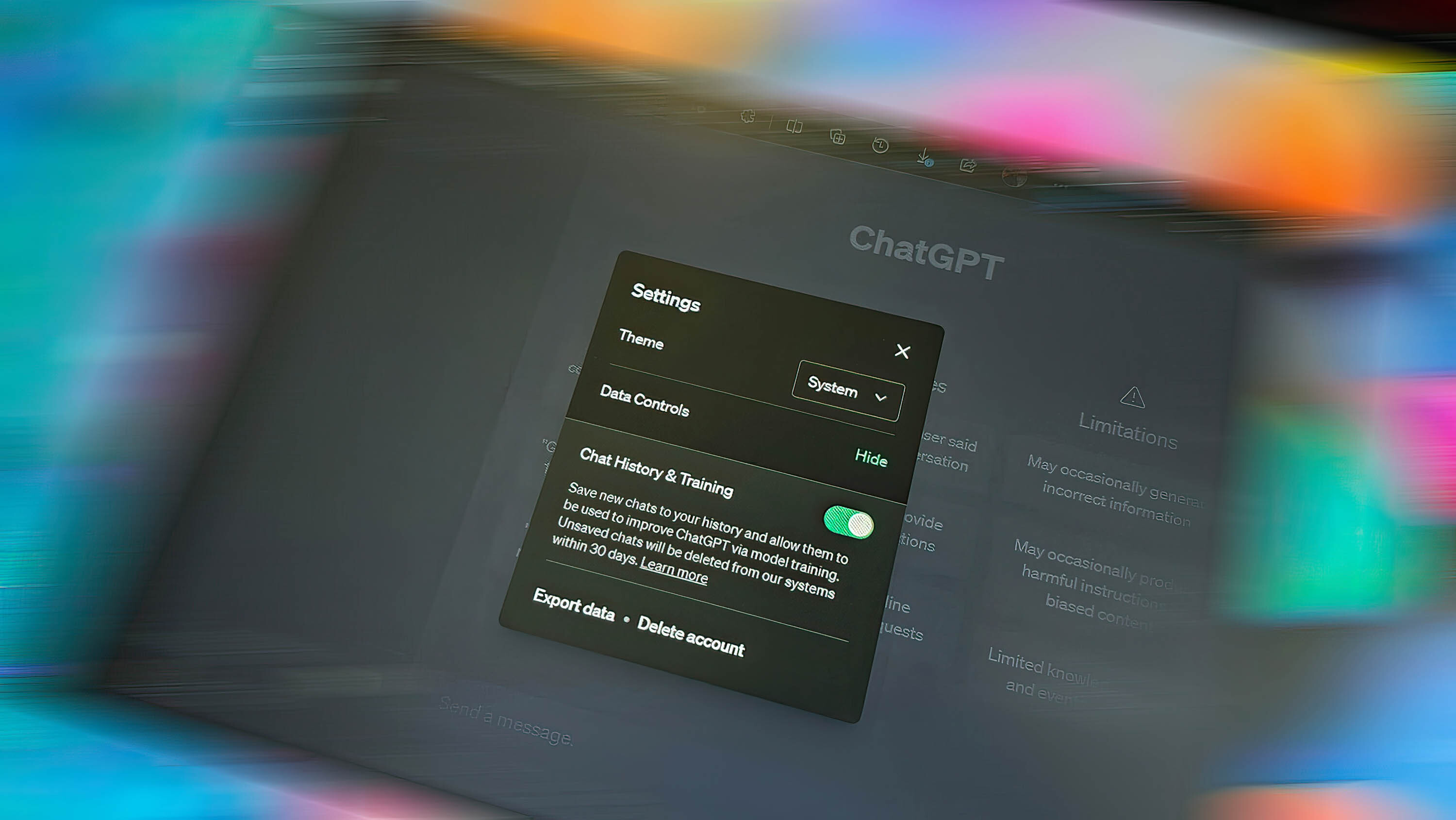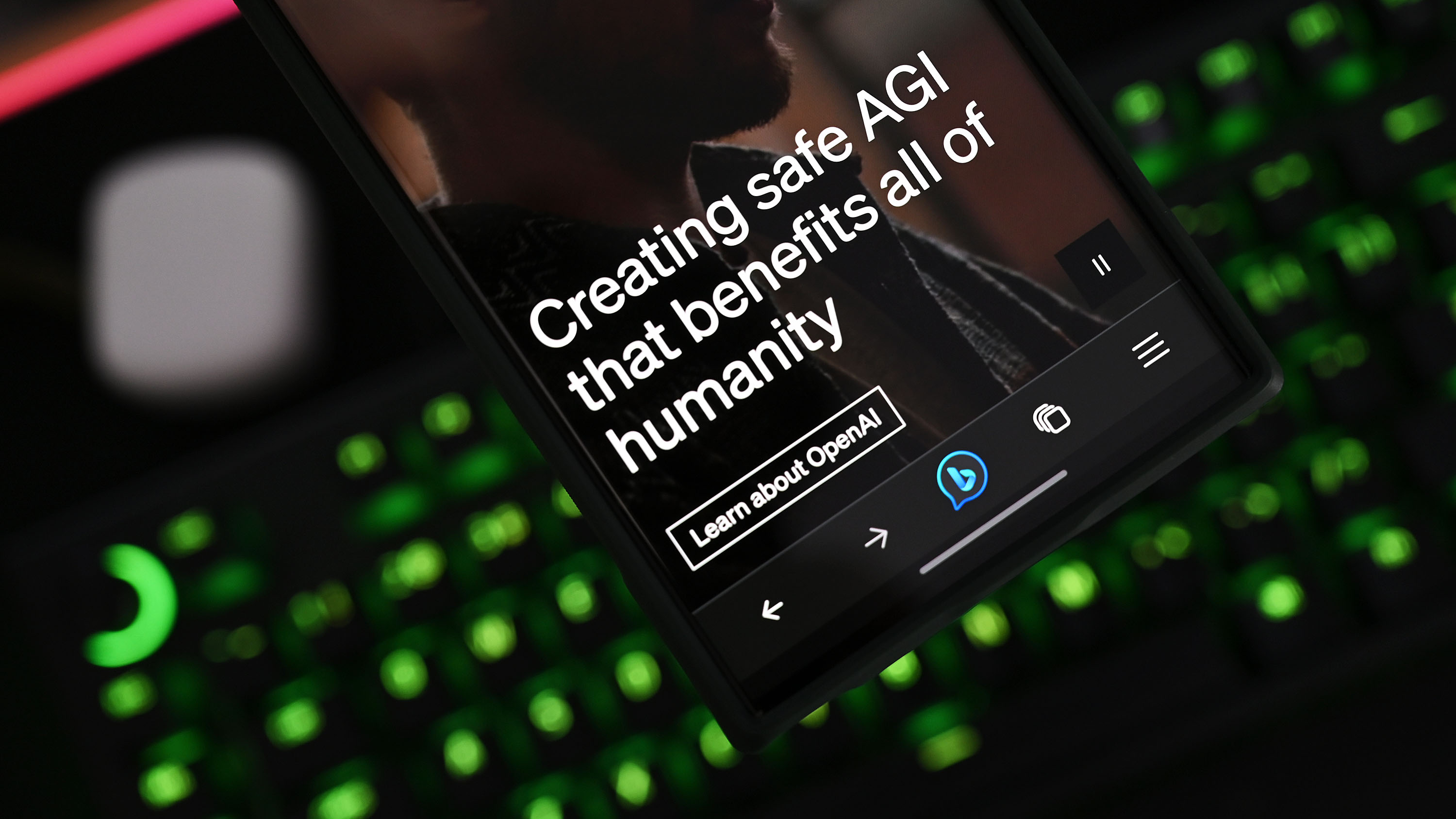OpenAI will reportedly debut its AI-supercharged Google search rival sooner than you think [UPDATED]
OpenAI is set to unveil its ChatGPT-powered search engine next week on Monday.

What you need to know
- UPDATED 5/10/2024: OpenAI will reportedly unveil its search engine on Monday 13, 2024, just a day before Google's I/O developer conference.
- OpenAI might launch a new ChatGPT-powered search engine to take on Microsoft's Bing and Google.
- The ChatGPT maker has registered a new domain under search.chatgpt.com alongside an SSL certificate.
- OpenAI's new search engine could potentially challenge Google if it finds a permanent solution to copyright infringement issues.
Recent updates
OpenAI could potentially announce its new search engine next week on Monday. Incidentally, the announcement will take place a day before the commencement of Google's annual I/O developer conference, where we expected it to make a host of announcements centered on AI (via Reuters).
According to rumors hitting the windmill, OpenAI is reportedly set to debut a new search engine to take on Google and Microsoft's Bing. The ChatGPT maker is slated to make the new product this week during a developer conference.
Search (dot) ChatGPT (dot) comMay 9th.May 2, 2024
Google continues to dominate the search market share despite Microsoft's big AI push on Bing. Interestingly, the tech giant's efforts haven't gone unnoticed, with the CEO, Satya Nadella, announcing Bing has surpassed 140 million daily active users during its quarterly earnings call. Nadella attributed part of Bing's success and growth to the company's AI efforts on the platform.
RELATED: OpenAI is poaching Google staffers for its AI search engine team
As it stands, there's little information about the soon-to-launch ChatGPT-powered search engine. However, a Y Combinator Hacker News Community post indicated OpenAI has already registered a new domain under search.chatgpt.com alongside an SSL certificate. It's worth noting that the domain doesn't work and will only direct you to a not-found page.
Sam Altman on search in March 2024 (Lex Fridman Podcast):“The intersection of LLMs plus search, I don’t think anyone has cracked the code on yet. I would love to go do that. I think that would be cool.”May 2, 2024
Per the X (formerly Twitter) post highlighted above, OpenAI CEO Sam Altman is evidently interested in the search engine landscape. As such, unveiling a new AI-powered search engine shouldn't be too far from OpenAI's reach.
But there's one critical issue

OpenAI's ChatGPT chatbot is impressive. Some might even argue it's better than Microsoft Copilot. Interestingly, they are based on the same technology, which could boil down to execution.
MORE CONTEXT: What would an OpenAI search engine look like?
Get the Windows Central Newsletter
All the latest news, reviews, and guides for Windows and Xbox diehards.
A report revealed Copilot's performance was a significant concern for most users who indicated that ChatGPT is way better. However, Microsoft indicated ChatGPT wasn't better; it's just that users aren't using Copilot as intended. The company listed the lack of proper prompt engineering knowledge bundled with user reluctance to upgrade to new software versions or apps.
OpenAI and Microsoft have been slapped with several copyright infringement-related suits over the past few months. Copilot AI and ChatGPT heavily rely on internet sources for their responses. Publishers don't want their copyrighted content used without consent or compensation. The emergence of AI has already revolutionized how users interact with search and has negatively impacted traffic.
That said, if OpenAI can find a way to bypass copyright infringement issues, it will potentially be well on its way to competing with Google on an even playing field. Besides, OpenAI CEO Sam Altman already indicated it's virtually impossible to develop ChatGPT-like tools without copyrighted content.

Kevin Okemwa is a seasoned tech journalist based in Nairobi, Kenya with lots of experience covering the latest trends and developments in the industry at Windows Central. With a passion for innovation and a keen eye for detail, he has written for leading publications such as OnMSFT, MakeUseOf, and Windows Report, providing insightful analysis and breaking news on everything revolving around the Microsoft ecosystem. While AFK and not busy following the ever-emerging trends in tech, you can find him exploring the world or listening to music.
